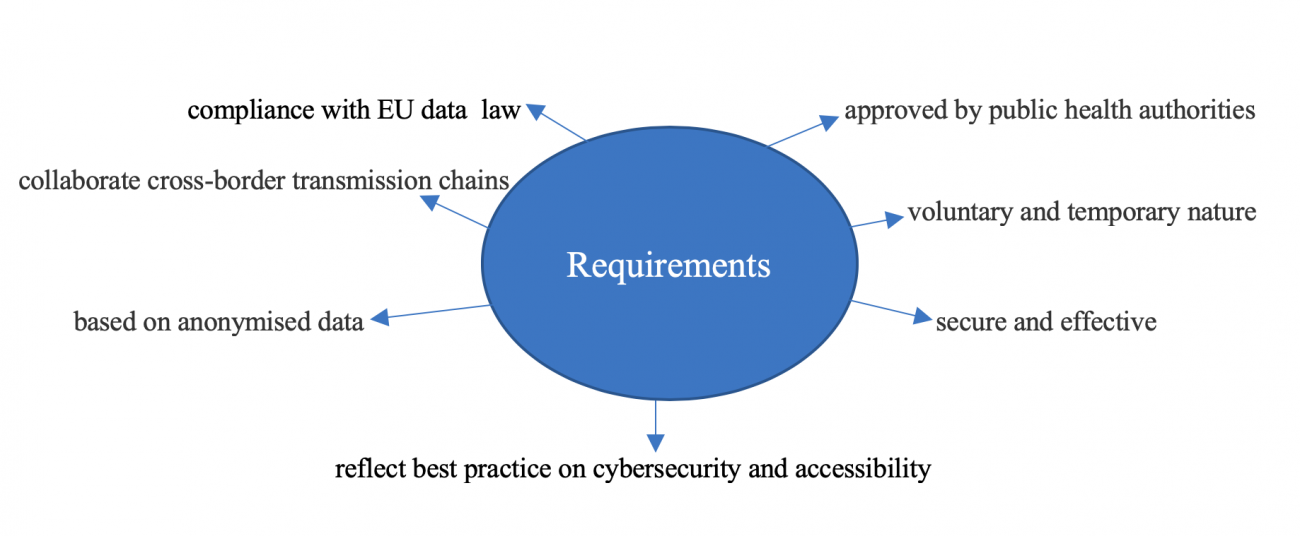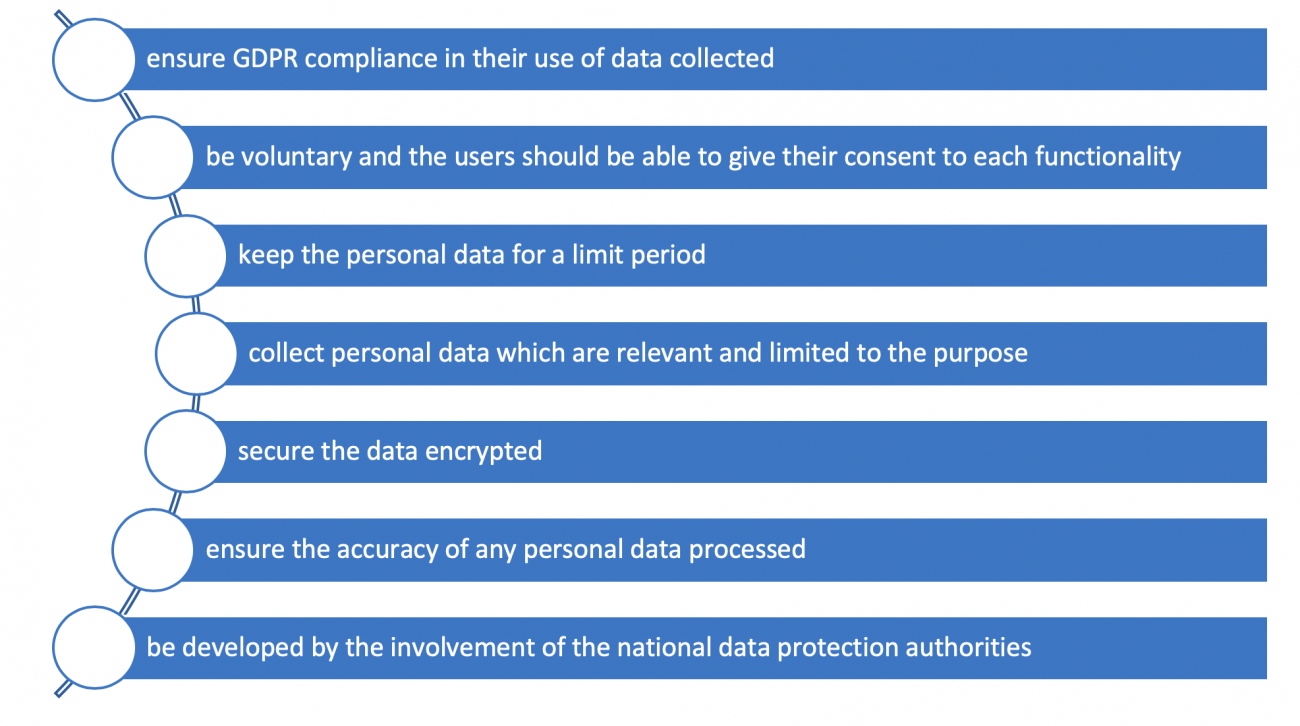News
Digital tools to support the plan for deconfinement across the EU

Several EU and EEA countries (such as Austria, Cyprus, Czech Republic, Denmark, Finland, France, Ireland, Italy, Netherlands, Norway, Poland, Portugal, Iceland and Estonia) have launched or intend to launch contact tracing apps in the fight against COVID-19.
The aim of contact tracing and warning is for public health authorities to rapidly identify as many contacts as possible with a confirmed case of COVID-19, ask them to selfquarantine if possible, and rapidly test and isolate them if they develop symptoms. The aim of contact tracing could also be to have anonymised and aggregated data of infection patterns in society, as a means to make containment decisions at local level. This can be achieved by digital tools such as mobile apps with tracing functionalities, identifying both known and unknown contacts of a confirmed case and possibly help in their follow up, in particular in settings with large numbers of cases where public health authorities can get overwhelmed. Such functionalities can help identify more contacts and speed up the overall process substantially, which is of essence in this pandemic.
At European level, the European Commission has published a Recommendation for use of technology and data to combat and exit from the COVID-19 crisis. This Recommendation concerns the use of mobile apps and anonymised mobility data.
This recommendation sets up a common approach to use digital tools to address the coronavirus crisis. This approach can develop a Toolbox with a focus on two areas
- A pan-European approach for the use of mobile applications, coordinated at Union level, for empowering citizens to take effective and more targeted social distancing measures, and for warning, preventing and contact tracing to help limit the propagation of the COVID-19 disease. This will involve a methodology monitoring and sharing assessments of effectiveness of these applications, their interoperability and cross-border implications, and their respect for security, privacy and data protection
- A common scheme for using anonymized and aggregated data on mobility of populations to model and predict the evolution of the virus and to monitor effectiveness of decision-making by Member States’ authorities on measures such as social distancing and confinement
On 15 April a pan-European approach against COVID-19 has been developed by the adoption of the EU Toolbox for the use of mobile applications for contact tracing and warning.
According to the statement of the Commissioner for Health and Food Safety, Stella Kyriakides “Digital tools will be crucial to protect our citizens as we gradually lift confinement measures. Mobile apps can warn us of infection risks and support health authorities with contact tracing, which is essential to break transmission chains. We need to be diligent, creative, and flexible in our approaches to opening up our societies again. We need to continue to flatten the curve – and keep it down. Without safe and compliant digital technologies, our approach will not be efficient.”
The EU Toolbox developed by the e-Health Network with the support of the European Commission provides a practical guideline for the Member States to contain and reserve the spread of COVID-19 through mobile apps. Regarding these apps the requirements are strictly highlighted in the EU Toolbox and are the following:

In addition, the European Commission has published a guidance on the development of the new apps in relation to data protection. According to this guidance these apps must:

The pan-European approach for COVID-19 mobile apps will be developed by 15 April.By 30 April, public health authorities will assess the effectiveness of the apps at national and cross-border level. Member States should report on their actions by 31 May and make the measures accessible to other Member States and the Commission for peer review. In June 2020, the Commission will assess the progress and the effect of this initative, recommending action or the phasing out of measures.






